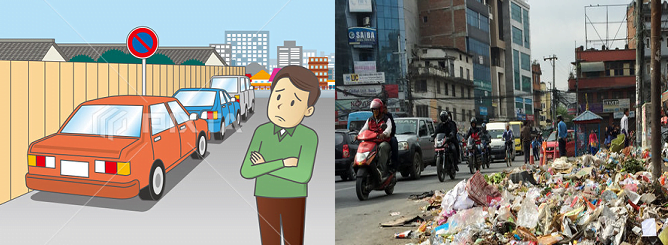
The president of the Philippines does not have the power to suspend or suggest the suspension of any publicly elected officials. Republic Act No. 7160, otherwise known as the Local Government Code of 1991 specifically states:
CHAPTER 4. – DISCIPLINARY ACTIONS
SECTION 60. Grounds for Disciplinary Actions. – An elective local official may be disciplined, suspended, or removed from office on any of the following grounds:
(a) Disloyalty to the Republic of the Philippines;
(b) Culpable violation of the Constitution;
(c) Dishonesty, oppression, misconduct in office, gross negligence, or dereliction of duty;
(d) Commission of any offense involving moral turpitude or an offense punishable by at least prision mayor;
(e) Abuse of authority;
(f) Unauthorized absence for fifteen (15) consecutive working days, except in the case of members of the Sangguniang Panlalawigan, Sangguniang Panlungsod, Sangguniang bayan, and Sangguniang Barangay;
(g) Application for, or acquisition of, foreign citizenship or residence or the status of an immigrant of another country; and
(h) Such other grounds as may be provided in this Code and other laws. An elective local official may be removed from office on the grounds enumerated above by order of the proper court.
First and foremost the official must be found GUILTY. Then his removal must be by due process and ordered by the Judicial Branch and not the Executive branch.
Recently July 22, 2019 Pres. Duterte announced, “If there is a mayor or a governor or kung ano kang, sino kang demonyo ka, i-suspend mo, Sir Año. Give him time and if he cannot, if he is not up to it, then papahingahin mo na lang. Suspend mo na. Wala tayong magawa. They just keep on pleasing their own constituents because there is a constituent, a leader. Ganoon kayo, eh,”
The president , has the power to issue an executive order to make sure that all officials should do their jobs. However, this works better when exercised with diplomacy. After all, it is all about POLITICS when it comes to politicians.